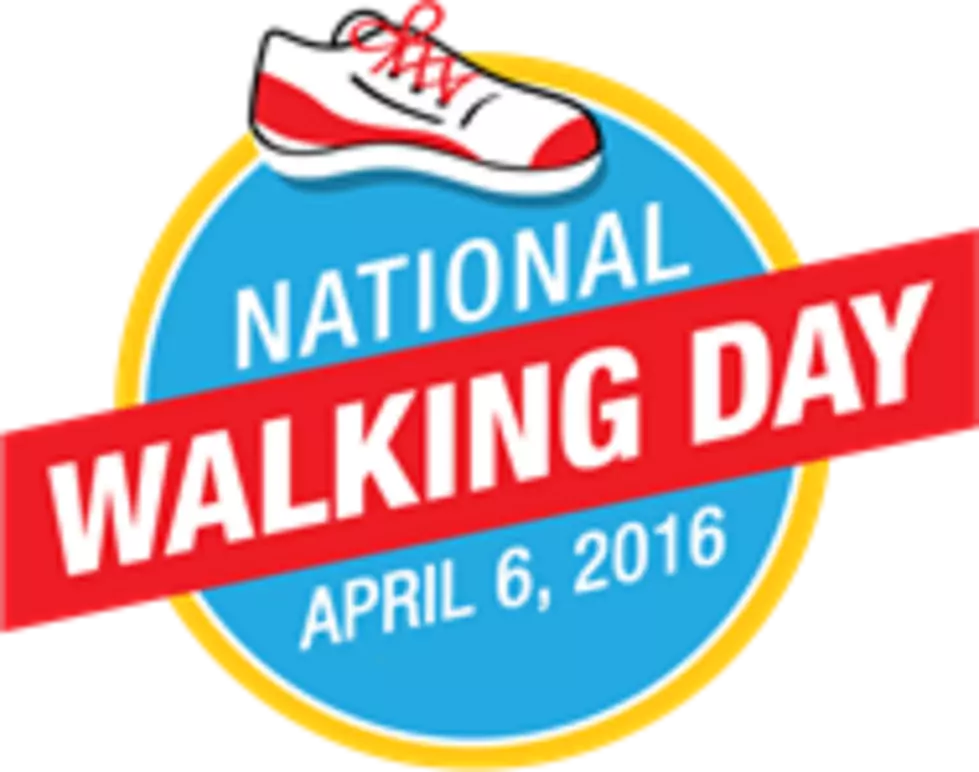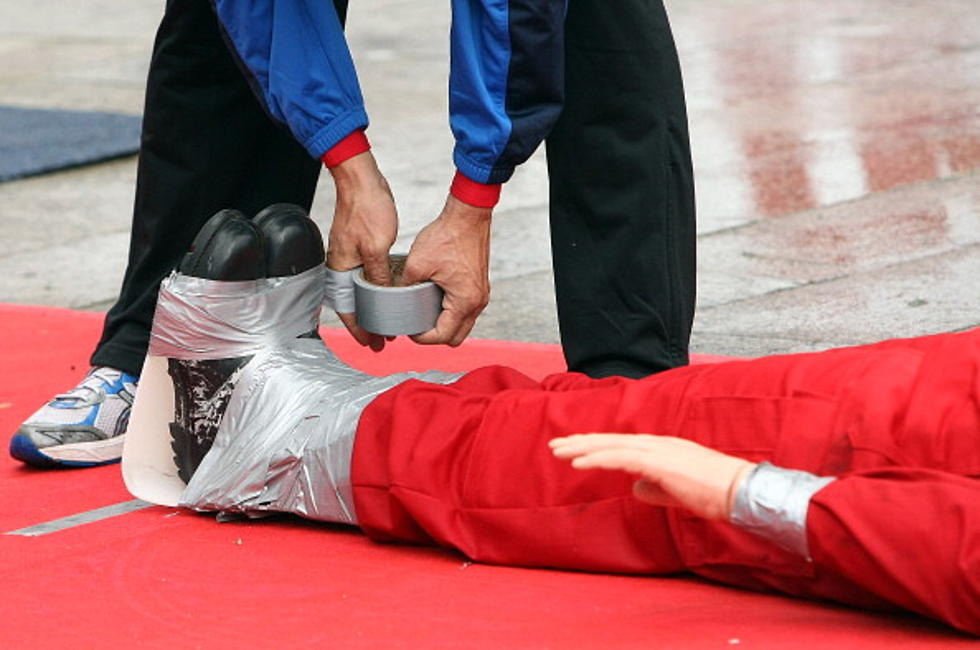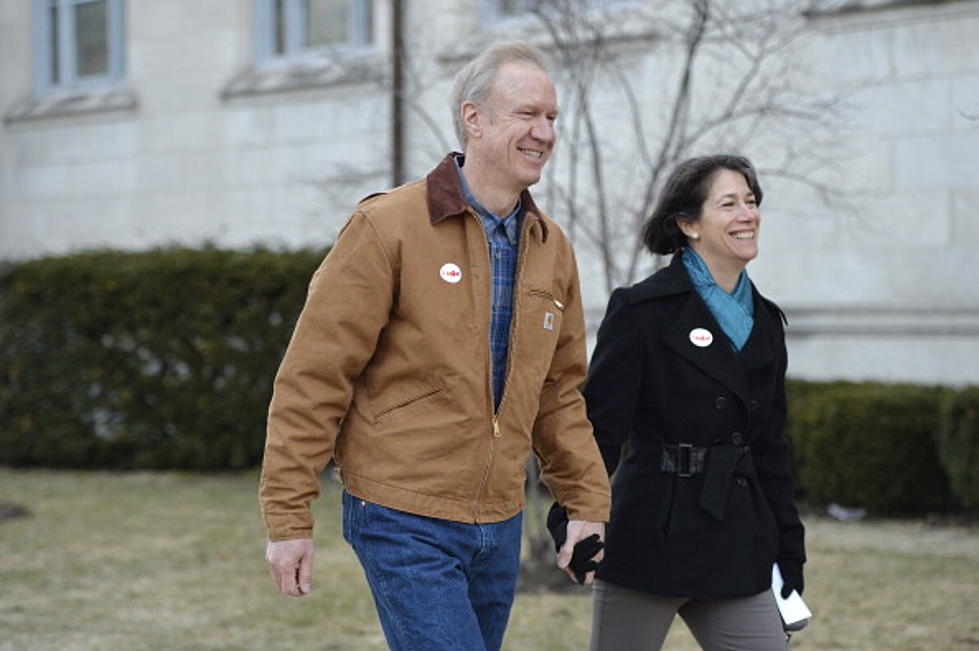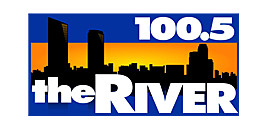
Snow and Shoveling – Not Always a Good Thing
My friend at the American Heart Association, Cindy Bouma, sent me a stark reminder that with winter comes snow, pretty obvious, and then come shoveling said snow. We do our driveways, sidewalks, etc., and we all need to remember to be careful.
Now, realistically, for most people, shoveling snow may not lead to health problems, however, for some, the risk could be higher, including a heart attack, and that wouldn't be fun. So, let's all consider these tips because I'd like to keep you around a lot longer.
• Consult a doctor. If you have a medical condition or don’t exercise on a regular basis, schedule a meeting with your doctor prior to the first anticipated snowfall.
• Take frequent breaks during shoveling so you don’t overstress your heart.
• Don’t eat a heavy meal prior or soon after shoveling since it can place an extra load on your heart.
• Don’t drink alcoholic beverages before or immediately after shoveling. Alcohol may increase a person’s sensation of warmth and may cause them to underestimate the extra strain their body is under in the cold.
• Be aware of the dangers of hypothermia. Heart failure causes most deaths in hypothermia. Wear a hat and dress in layers of warm clothing, which traps air between layers forming a protective insulation.
• Use a small shovel or consider a snow thrower. Lifting heavy snow can raise blood pressure acutely. It is safer to lift smaller amounts more times, than to lug a few huge shovelfuls of snow. When possible, simply push the snow.
• Listen to your body. If you feel the warning signs for heart attack, stop what you’re doing immediately and call 9-1-1.
The warning signs of a heart attack include:
• Uncomfortable pressure, fullness, squeezing or pain in the center of the chest that lasts for more than a few minutes, or goes away and comes back.
• Pain spreading to the shoulders, neck and arms.
• Chest discomfort with lightheadedness, fainting, sweating, nausea or shortness of breath.
Pretty good, huh? Come on, lets all take care of ourselves.
If you need more information, call the American Heart Association at 800-968-1040 or visit www.americanheart.org.
More From 100.5 FM The River



![Should Michigan High School Students be Required to Learn CPR Before Graduating? [Poll]](http://townsquare.media/site/45/files/2016/01/RS4348_136200269.jpg?w=980&q=75)





